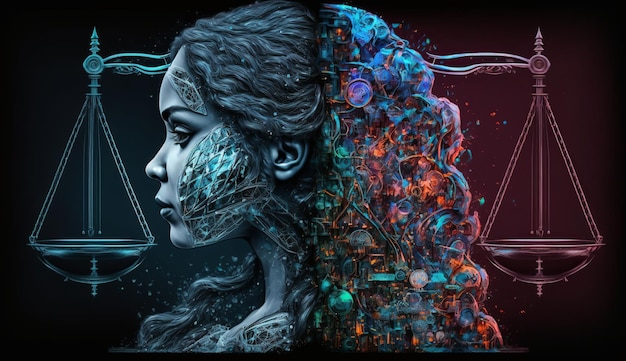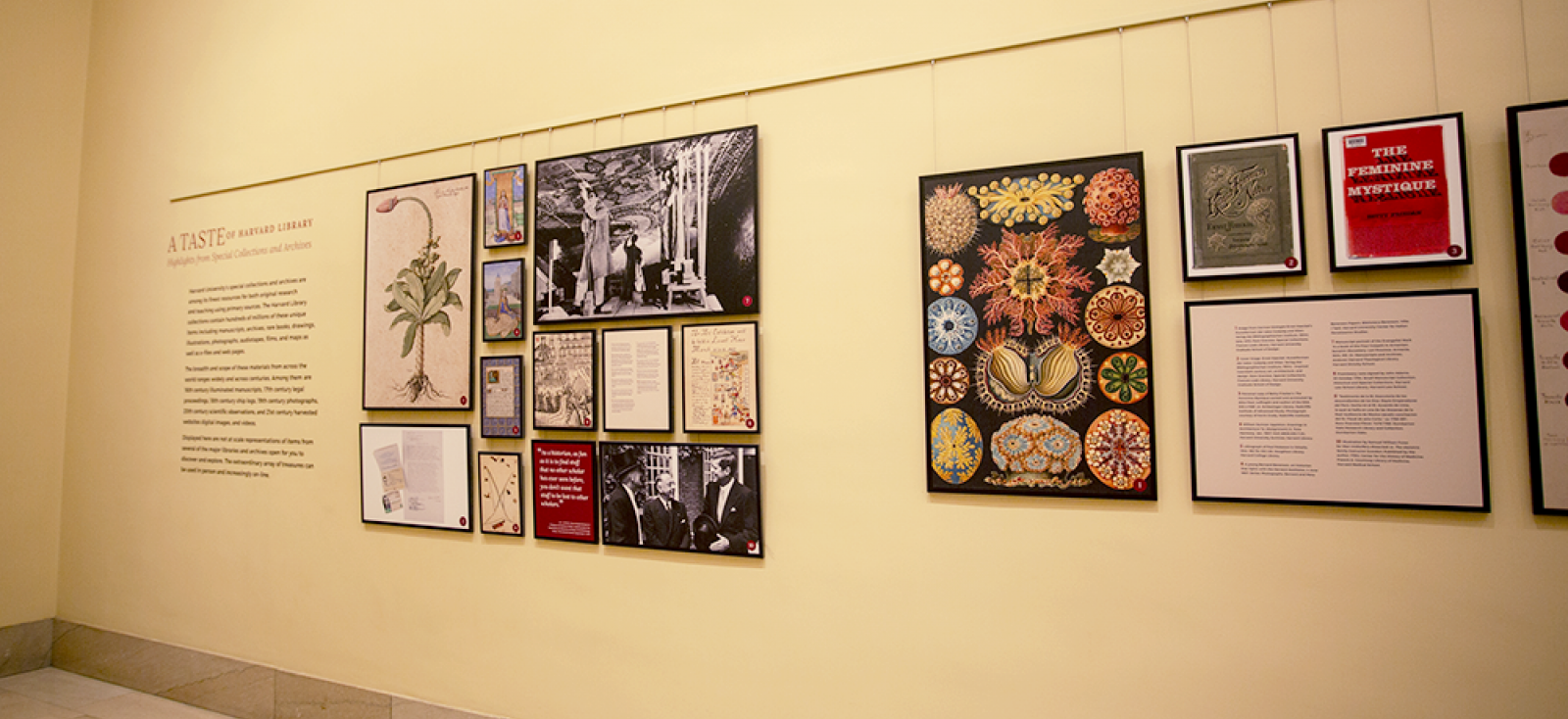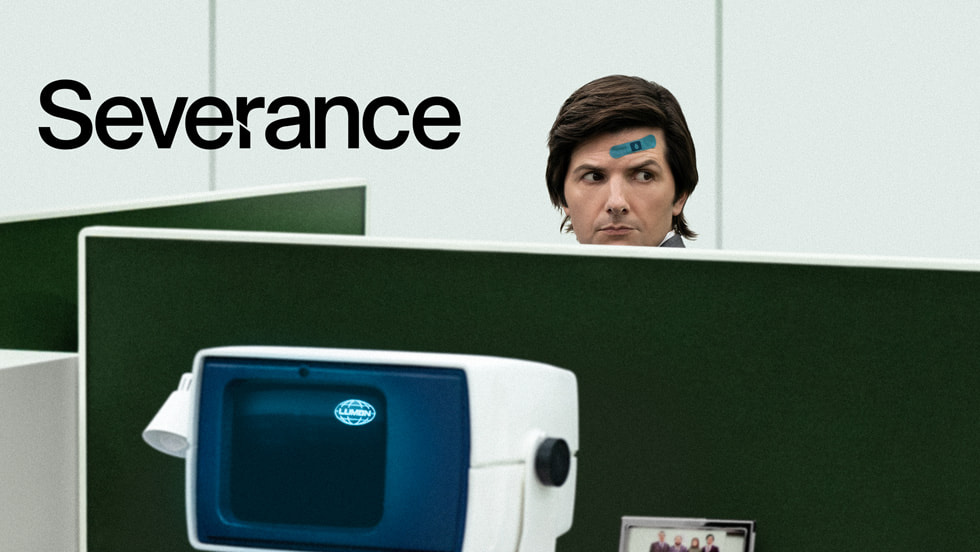AI and Social Justice are increasingly interwoven concepts, driving critical discussions about the implications of technology on society. Renowned sociologist Ruha Benjamin challenges us to rethink the intersection of artificial intelligence and equitable outcomes, urging us to resist blind trust in tech elites who promise progress but often perpetuate injustice. In her recent Tanner Lectures, she highlighted how AI ethics must encompass not only technical efficiency but also humanity’s deeper social contexts, particularly in social justice education. These conversations around the future of technology are essential as we navigate the complexities of innovation that can either uplift or further marginalize communities. As Benjamin advocates, integrating humanities in technology is vital for a future grounded in ethical responsibility and collective good.
The convergence of artificial intelligence and advocacy for justice is reshaping conversations around technological advancements. As experts like Ruha Benjamin articulate, it is crucial to engage with the societal implications of automated systems that may inadvertently reinforce inequities. The dialogue surrounding responsible AI demands a thorough understanding of ethical considerations, particularly in relation to those most affected by technological decisions. This intersection calls for an urgent reassessment of the narratives framed by technology leaders and the broader societal discourse on what constitutes progress. Embracing multi-disciplinary approaches, including insights from the humanities, is essential in constructing a future that prioritizes inclusivity and equitable access.
Rethinking Technology’s Role in Society
The rapid growth of technology has led to unprecedented advances in various fields, but Ruha Benjamin emphasizes the need for critical reflection on its implications. As she articulately presented in her Tanner Lectures, technology should not be viewed merely as a tool for efficiency; it must also be surrounded by a framework of ethics and social responsibility. This critical reassessment is necessary to ensure that the evolution of technology continues to serve humanity, rather than exploit it. By acknowledging the historical context of technological advancements, we can foster a more just and inclusive digital future.
Moreover, Benjamin challenges the prevalent narrative that prioritizes profits and technological progress at the expense of social well-being. The humanities play a vital role in this discourse, urging technologists to integrate ethical considerations into their innovations. Schools should incorporate social justice education alongside STEM subjects to cultivate a generation that is not only tech-savvy but also socially conscious. Without this balance, we risk a future where technology exacerbates societal inequalities, rather than alleviating them.
AI and Social Justice: A Call for Ethical Considerations
AI is often hailed as a neutral agent in decision-making processes, yet Ruha Benjamin argues that the algorithms we deploy are anything but impartial. She highlighted the dangerous consequences of AI systems that are not designed with social justice in mind, where marginalized communities bear the brunt of technological failures. Instances of wrongful arrests due to facial recognition software demonstrate the pressing need for an ethical framework that prioritizes human rights. By integrating principles of social justice into AI development, we can create systems that uphold the dignity and rights of all individuals.
Additionally, Benjamin advocates for a multidisciplinary approach where the insights from the humanities are woven into the fabric of technological development. The intersection of AI and social justice raises important questions about accountability and bias — issues that cannot be adequately addressed by technologists alone. Involving scholars from various fields, including sociology and ethics, ensures that technology is applied in ways that benefit society as a whole, rather than reinforcing existing inequalities. This inclusive approach invites a reimagining of our technological landscape, pushing for advancements that are equitable and just.
The Illusion of Progress: Questioning Technological Elitism
Ruha Benjamin critiques the tendency to glorify the visionaries behind emerging technologies, urging us to question their motives. In her view, the tech elite often frame their innovations as solutions for societal issues, when in reality, they may prioritize profit over genuine social improvement. For instance, billionaires preparing for an AI-driven future may be more invested in their survival than in addressing collective human needs. This elitism fosters a disconnect between technological advancements and the realities faced by the average person, highlighting the necessity for public discourse on these issues.
The notion that radical technological solutions — such as Mars colonies or advanced AI systems — are beneficial, while essential social services are dismissed as impractical, is a critical concern raised by Benjamin. To combat this type of thinking, she encourages a communal approach to innovation where diverse perspectives are valued. By fostering creativity in the arts and humanities as part of technological education, we can cultivate imaginative and equitable solutions that challenge the status quo, reinforcing that progress should benefit all, not just a select few.
Integrating Humanities into Technological Discourse
Benjamin’s call for increased emphasis on the humanities in discussions about technology resonates deeply, especially in our current climate of rapid innovation. By merging fields such as sociology, culture, and ethics with technological training, we can create a well-rounded perspective that takes into account the human impact of technology. This integration is critical not only in developing responsible AI but also in ensuring that future technology aligns with societal values and needs.
Furthermore, the humanities encourage critical questioning and reflection, which are crucial for addressing potential biases and ethical pitfalls in technological developments. Institutions must prioritize this interdisciplinary approach, fostering an environment where learners are encouraged to think critically and creatively about technology’s role in society. By doing so, we can collaboratively form a technological future that respects and uplifts every community and individual.
Envisioning Alternatives: A Creative Future Beyond Technology
Ruha Benjamin’s vision for a future devoid of oppressive systems challenges us to think creatively about alternatives to our current technological trajectory. Rather than merely seeking to mitigate harm, she advocates for a reimagining of societal structures that prioritize community welfare over profit. Benjamin’s invitation to redefine our expectations invites innovators to design solutions that not only address existing inequities but also prevent them from arising in the first place.
This creative reimagining can be facilitated through the arts and humanities, which provide fertile ground for exploring radical ideas about society. By engaging in artistic expression and critical discourse, we open ourselves up to infinite possibilities that transcend current limitations. This rejuvenation of imagination is vital in shaping a future where technology serves everyone equally and contributes to a just society.
Challenging the Narrative around AI and Efficiency
Ruha Benjamin’s critiques of AI highlight the dangers of viewing technological efficiency as an ultimate goal without considering its social implications. The narrative that equates efficiency with progress often disregards the outcomes for marginalized populations who are disproportionately affected by automation and surveillance technologies. As Benjamin emphasizes, prioritizing mathematical models above human experience invites a myriad of societal injustices that can further entrench systemic inequalities.
To combat this narrow perception, it is essential to broaden the conversation about what constitutes effective technology. Universities and tech companies must engage deeply with the humanistic aspects of AI, ensuring that technological development accounts for the lived experiences of all demographics. By challenging the status quo with critical inquiry, we can evolve our understanding of efficiency to include social welfare, making technological progress synonymous with collective justice.
History Matters: Learning from the Past
Benjamin draws on historical examples to illustrate how past technological advancements have often perpetuated inequalities, particularly through eugenics and discriminatory practices. This historical context is crucial for understanding the potential ramifications of today’s AI technologies. Without recognizing and addressing these historical injustices, we risk repeating the same mistakes under the guise of progress. Benjamin invites us to learn from these lessons as we navigate the complex landscape of modern technology.
Engaging with history not only enhances our understanding of current technical challenges but also informs our ability to devise ethical solutions. By incorporating historical lessons into the discourse around AI and social justice, we can foster a culture that values accountability and reflection. This awareness equips future innovators to create technologies that elevate human dignity rather than undermine it, ultimately leading to advancements that reflect the values of equity and justice.
Fostering Interdisciplinary Collaboration for a Just Future
In her lectures, Benjamin underscores the importance of collaboration across disciplines, particularly between technology and the humanities. This interdisciplinary approach is vital for creating a robust framework that considers ethical implications while innovating new technologies. By breaking down silos, technologists can learn from social scientists and humanities scholars, leading to a more comprehensive understanding of the societal impacts of their work.
The goal of fostering interdisciplinary collaboration is to ensure that technology serves as a tool for empowerment rather than oppression. When diverse perspectives inform technological development, it becomes possible to create systems that are not only effective but also inclusive, promoting social justice in every aspect. This vision aligns with Benjamin’s call for a holistic approach to education and innovation, emphasizing that our collective future depends on the integration of varied human experiences and insights.
The Role of Education in Shaping Technological Futures
Ultimately, Benjamin’s insights highlight the critical role of education in shaping a more just technological future. She advocates for a curriculum that combines social justice education with technical training, preparing students to be not just proficient in technology, but also equipped to think critically about its implications. By cultivating an educational environment that prioritizes both technical and ethical considerations, we can empower future generations to challenge harmful narratives and shape technology that benefits all.
This broadened educational scope is essential for addressing the challenges posed by AI and emerging technologies. By instilling values of justice and accountability in students, we can nurture a culture of innovation that prioritizes humane outcomes. Training technologists to engage with the ethical and social dimensions of their work fosters a generation of leaders who are committed to using technology as a force for good, ultimately reshaping our society for the better.
Frequently Asked Questions
What is the connection between AI and social justice as discussed by Ruha Benjamin?
Ruha Benjamin explores the intersection of AI and social justice by highlighting how AI technologies can perpetuate existing inequalities. She argues that while AI is often marketed as a solution for societal issues, it can lead to greater oppression, particularly of marginalized groups. Benjamin emphasizes the need for social justice education to understand the ethical implications of AI in our society.
How does Ruha Benjamin criticize current AI technologies in relation to social justice?
Benjamin criticizes AI technologies for being framed as neutral decision-making tools, asserting that their reliance on algorithms can exacerbate systemic biases. She points out that these technologies often ignore the historical and social context necessary to make fair decisions, thereby continuing the oppression faced by marginalized communities. This perspective aligns with AI ethics and emphasizes the need for a more inclusive discussion that integrates humanities in technology.
What role do the humanities play in addressing AI and social justice issues?
The humanities play a crucial role in addressing AI and social justice by providing critical insights into the societal implications of technology. Ruha Benjamin suggests that fostering creativity and imagination through humanities education can help us rethink AI’s impact. By incorporating diverse perspectives, we can better understand how to design AI systems that promote equity and justice rather than reinforce existing power structures.
Why does Benjamin argue against trusting tech elites in shaping the future of AI and social justice?
Ruha Benjamin argues against trusting tech elites because they often prioritize self-interest under the guise of altruism. She highlights that billionaires and tech leaders frequently propose AI-driven futures that benefit themselves while overlooking the needs of the marginalized. This calls for skepticism regarding their insights on alleviating human suffering, promoting the need for collective input from those understanding societal complexities.
What vision does Ruha Benjamin propose for the future of AI and social justice?
Ruha Benjamin envisions a future where AI and social justice are intertwined through a reimagined approach that prioritizes equity and inclusivity. She advocates for interdisciplinary collaboration that values creative inquiry from the arts and humanities, prompting society to imagine alternatives to existing systems of oppression. Her vision encourages us to envision a world that transcends borders and systemic injustices, thereby cultivating a more just and humane future.
| Key Points | Details |
|---|---|
| Radically Different Future | Ruha Benjamin encourages envisioning a radically different future rather than fearing technological advancements. |
| Critique of Tech Elites | Tech billionaires do not have reliable solutions for alleviating human suffering, as their motivations are often self-serving. |
| AI and Oppression | AI technologies can lead to further oppression, evident in wrongful arrests and biased healthcare triage due to algorithms. |
| Decision-Making Concerns | Relying purely on algorithms for societal decision-making can intensify harm to marginalized groups, reminiscent of past eugenics ideologies. |
| Need for Broader Perspectives | Technological solutions should incorporate diverse knowledge and understanding from the arts and humanities. |
| Call for Creativity | Benjamin advocates for reimagining technological systems to create a better society beyond harmful frameworks like surveillance. |
Summary
AI and Social Justice is a crucial topic that necessitates critical examination and imaginative thinking. Ruha Benjamin’s insights reveal the limitations of current technological paradigms and urge us to envision alternatives that prioritize social equity. Rather than accepting AI as a morally neutral solution, we must question the underlying motivations of its advocates and strive for a future that dismantles oppressive systems. By integrating diverse perspectives from the arts and humanities, we can foster creativity and innovation in addressing societal challenges, paving the way for a just and inclusive tomorrow.



